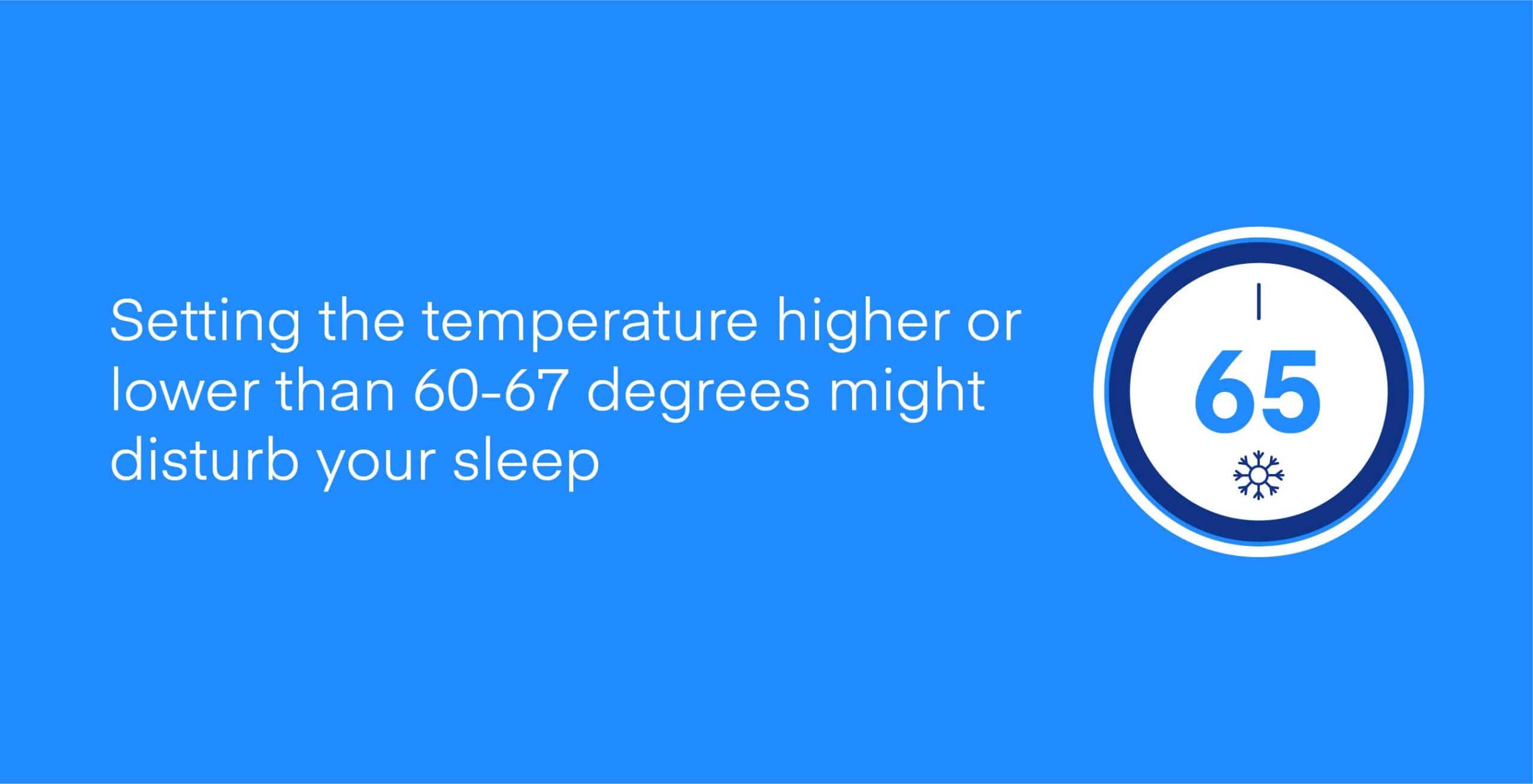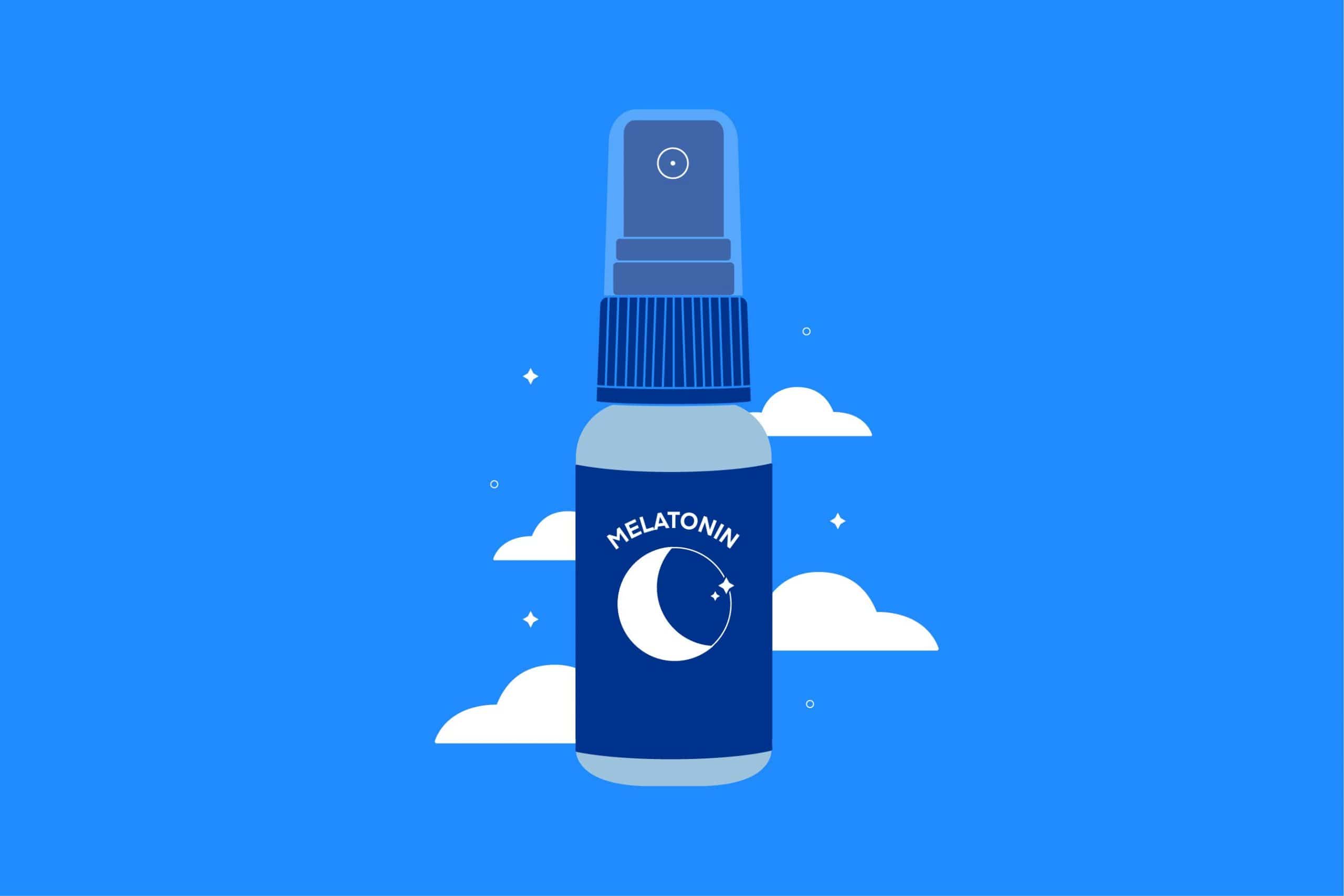Ever wonder why our body is attuned to falling asleep at night and waking up in the morning? The answer lies in the fact that our natural sleep-wake cycle is influenced by a hormone we produce called melatonin. Melatonin levels are lowest during the day and highest at night. Melatonin levels stay elevated while we sleep, helping us enter deeper stages of rest and wake up feeling refreshed and restored.
In this article, we will discuss melatonin, how it induces sleep, and how we can prevent its reduction. We will also discuss the steps to a natural and healthy bedtime routine for better sleep quality.
Understanding Melatonin
Melatonin is produced by the pineal gland, a pea-sized gland located just above the center of the brain. When it gets dark, the pineal gland is activated and starts producing melatonin. This gradually diminishes your alertness and enhances sleep onset.
The pineal gland is affected by a special center called the Suprachiasmatic Nucleus (SCN), which works like an internal clock. The SCN is located in the hypothalamus part of our brain. This part has a direct connection with the retina through a nerve pathway. When the eye perceives darkness or light, it triggers the nerve pathway to send signals to the SCN. The SCN initiates signals to other parts of the brain controlling functions like blood pressure and body temperature which affect our sleep patterns.
SCN delays the release of melatonin until a few hours after the eye perceives darkness. It is essential for the eye to perceive darkness before the pineal gland starts producing melatonin, which is vital for sleep.
How Melatonin Works
Melatonin is often referred to as the “Dracula hormone” because it is produced only when it is dark. Despite the pineal gland being activated, melatonin levels do not increase if you are not in a dark or dimly-lit area. Apart from sunlight, even bright lights from a lamp or blue and green lights from electronic devices suppress melatonin production. Levels of melatonin in your bloodstream determine your body’s preparedness to sleep. A healthy supply of melatonin is essential to diminish your alertness and sleep better. Its absence wreaks havoc on your sleep cycle.
How to Prevent Melatonin Suppression
To ensure healthy melatonin production, keep the bedroom dark or dimly lit. The presence of light may hamper melatonin production. We have to be mindful of our bedroom ambiance to ensure that it supports a healthy sleep system. Keep light-emitting devices away from the bedroom since blue light exposure can suppress melatonin production.
Possible Side Effects of Melatonin
When you travel across time zones, your natural sleep-wake cycle is disturbed because the normal timing of exposure to light is disrupted. Melatonin production does not follow its natural course and you feel jetlagged. You are either excessively sleepy or suffering from wakefulness at odd hours. Sometimes, to beat the effects of jetlag and adapt to the new time zone people take melatonin supplements.
Since the factory-made, synthetic melatonin is not regulated by the Food and Drug Administration (FDA), there is no monitoring of the amount of melatonin in these dietary supplements. A 2005 ScienceDirect study Verified Source ScienceDirect One of the largest hubs for research studies and has published over 12 million different trusted resources. View source found that 30 mg of melatonin is the correct dose for consumption by a normal adult, but most melatonin supplements contain more than that amount (even though these supplements are labeled as being 30 mg, they may contain significantly more or less) If higher doses of melatonin get mixed into the bloodstream, then there are chances of possible side effects like:
- Dizziness
- Nausea
- Headache
- Drowsiness
If you want to take melatonin supplements for sleep disturbances due to delayed sleep phase syndrome, shift-work disorder, and jetlag we recommend consulting your health care provider because of possible side effects and risks. Verified Source Mayo Clinic Ranked #1 hospital by U.S. News & World Report and one of the most trusted medical institutions in the world. The staff is committed to integrated patient care, education, and research. View source Melatonin supplements are considered to be a short-term solution to your sleep problems, after a certain period your body may become immune to the supplements.
In fact, Michele Roberge, RT(R), RPSGT, a neurodiagnostic lead technologist at Parrish Sleep Disorder Center, says, “Although it can be purchased without a physician’s prescription, melatonin supplements should only be taken after consulting a doctor and should not be used as a long term solution to aid with sleep. Often, people who have difficulty initiating sleep can see improvements with behavioral or sleep hygiene adjustments.”
We also recommend good sleep hygiene steps to calm your body and increase your natural melatonin secretion for better sleep. If you still have trouble sleeping despite following good sleep hygiene, we recommend scheduling an appointment your doctor.
Healthy Alternatives to Melatonin Supplements
Practice Good Sleep Hygiene
Set a regular bedtime for both weekdays and weekends. Try not to deviate by more than an hour from this time to help your body stay in the set pattern of sleep —proper sleep hygiene is the first step towards a peaceful night’s rest. Don’t forget to set yourself up with the best mattress for your sleep needs, too, as practicing good hygiene can only do so much if you’re sleeping on a lumpy, unsupportive bed.
Keep the Bedroom Dark
This is part of setting the premise for your body to understand that it is time to go to bed. Only after the lights are dimmed can melatonin production increase. The retina has to perceive darkness before signals are sent to the pineal gland to increase melatonin production.
Foods to Avoid
Foods high in fat are heavy on your digestive system, as they take a long time to process. Instead, rely on lighter foods that are rich in melatonin at night —like rice, barley, corn, asparagus, tomatoes, broccoli, grapes, olives, cucumber, sunflower seeds, walnuts, peanuts, and flaxseed.
Stay Away from Electronic Devices
Lamp lights and blue lights from electronic devices interfere with the production of melatonin. Low levels of melatonin will not serve its purpose in diminishing alertness and preparing your body for slumber. Try to keep all gadgets, like television, laptop, smartphones, and tablets out of your bedroom. Try to use blue light filters at night to keep its effect on melatonin at bay.
Read a Book
Reading is a great stress relieves, as it relaxes your body and mind while you prepare to sleep. Read in a different room other than the bedroom, and when you start to feel sleepy, move to the bedroom. We do not recommend reading on the bed because it could lead to bad posture, which might be harmful to your spine. Reading from paper books is more beneficial than eBooks at night because a 2014 study shows that lights from electronic readers may delay and suppress melatonin production.
Soothing Drinks
Sleepy teas like peppermint and chamomile are known to induce sleep because they are rich in antioxidants and help in de-stressing. Other drinks like a warm glass of milk and almond milk, also work well as sleep inducers, because they help in soothing your nerves and calm you down for a peaceful sleep. Tart cherry juice has a generous amount of melatonin in it, making it a good drink to sip at bedtime.
Take a Warm Bath or Shower
During sleep, your body drops 1 to 3 degrees in temperature. When you take a warm bath or shower before bed, your body temperature drops as you leave the shower to acclimate to the outside room temperature. This post-shower drop in temperature facilitates the natural drop in temperature before sleep —showering before bed is even suggested by researchers Verified Source ScienceDirect One of the largest hubs for research studies and has published over 12 million different trusted resources. View source to help induce sleep.
Set Your Thermostat

Sleep scientists recommend setting the room temperature anywhere between 60-67 degrees for optimum sleeping conditions. Setting the temperature higher or lower than this range might disturb your sleep.
Sunlight Exposure
Since melatonin production is lowest during the day, exposure to sunlight keeps those levels low and maintains your alertness throughout the day. An alert mind and body is predisposed to feeling tired and welcoming sound sleep at night.
Are There People Who Should Not Take Melatonin?
Yes, there are. While melatonin is generally considered safe for most people, there are certain individuals who should avoid taking it. This includes:
- Pregnant women
- Individuals with autoimmune disorders
- Those with epilepsy or other seizure disorders
- People taking certain medications, such as blood thinners or sedatives
It is recommended to consult with a healthcare professional before starting melatonin supplementation, especially if you have any underlying health conditions or are taking medications.
If you’re a parent, we also suggest caution when it comes to giving melatonin to children, particularly a younger child. There’s limited study on how melatonin supplements can affect a growing child, so it’s best not to use it unless your child’s doctor recommends it.
FAQs
Is it safe to take melatonin for sleep?
Melatonin supplements are sold as sleep-aids over the counter, but we recommend consulting your doctor before taking these supplements because they may have some side effects and interact with certain prescription medications.
What foods contain melatonin?
Some grains like rice, barley, and rolled oats have melatonin in them. Fruits and vegetables like tart cherries, pomegranates, olives, grapes, tomatoes, corn, broccoli, asparagus, and cucumbers also have some amount of melatonin. Nuts and seeds like sunflower seeds, flaxseed, peanuts, and walnuts are rich in melatonin.
Conclusion
Sleeplessness is a difficult problem to deal with. Sometimes people use melatonin supplements to tackle sleep problems for various reasons like stress or jet lag. However, we recommend maintaining good sleep hygiene to induce sleep, rather than trying over-the-counter sleep-aids.
About the author
McKenzie Hyde is a Certified Sleep Science Coach and a full-time writer specializing in sleep health and the mattress industry. With a Master of Arts degree in literature and writing from Utah State University, McKenzie combines her passion for writing with her in-depth knowledge of sleep science. Her articles cover a wide range of topics, including best sleep practices for students, the consequences of sleep deprivation, and choosing the right mattress for back pain relief. McKenzie's dedication to delivering accurate and informative content makes her a valuable contributor to the field of sleep health.
View all posts




